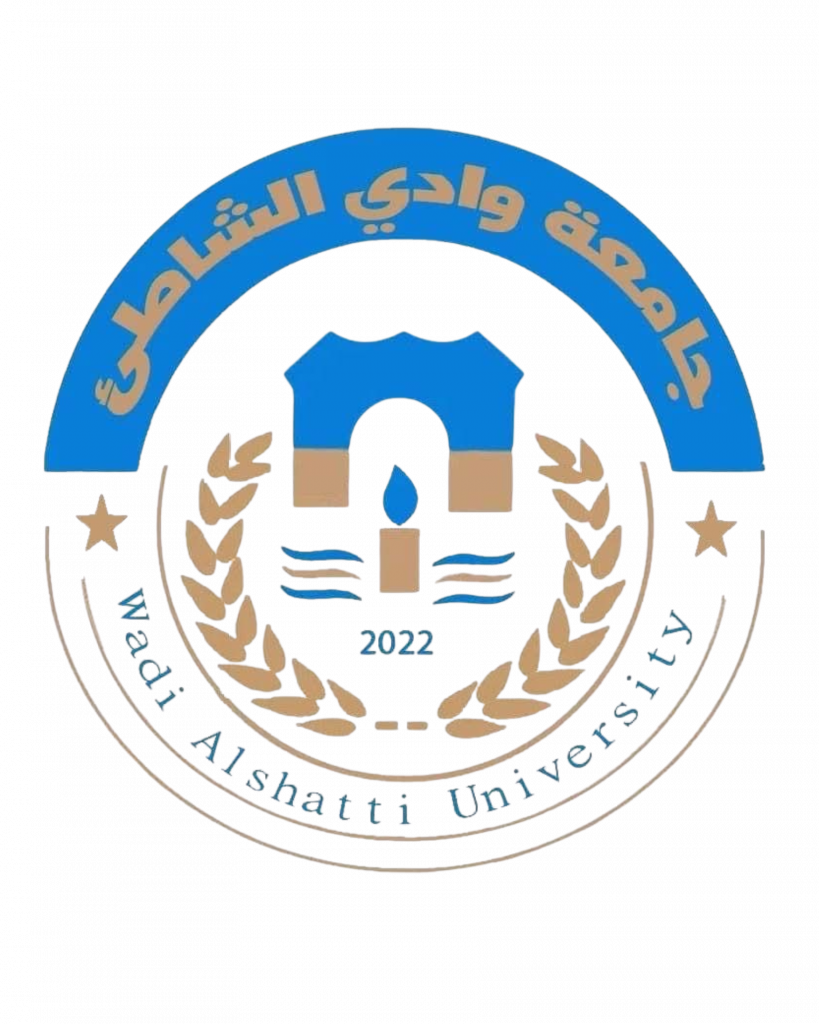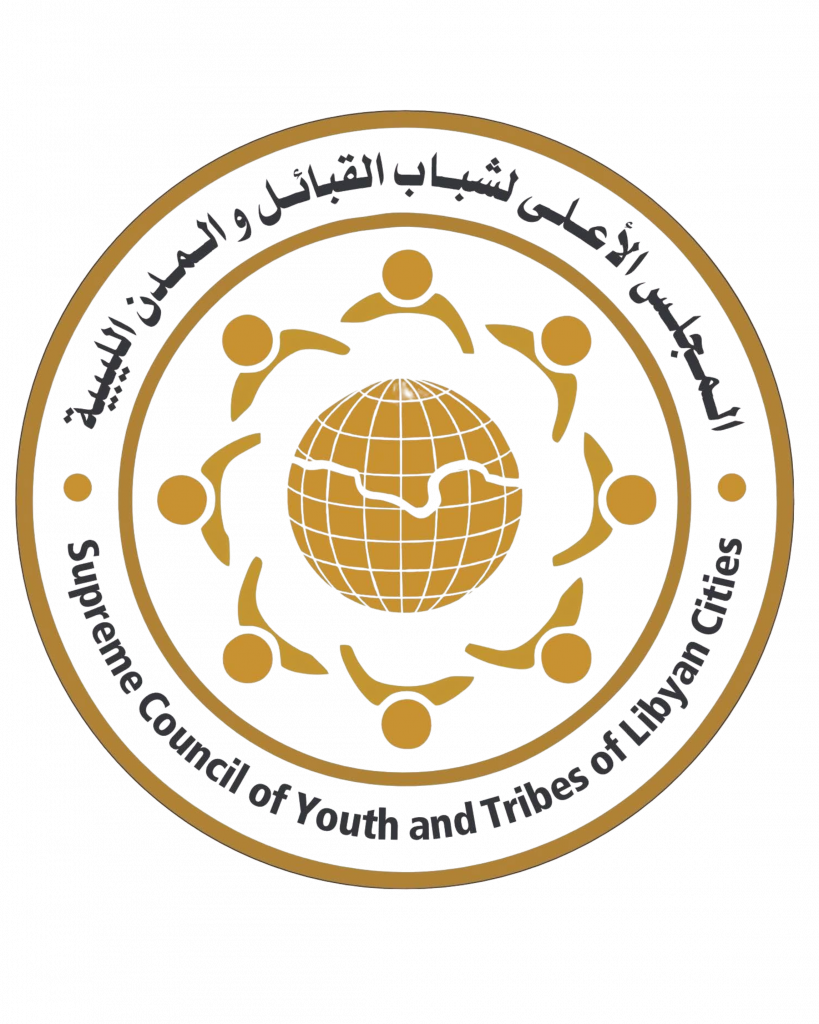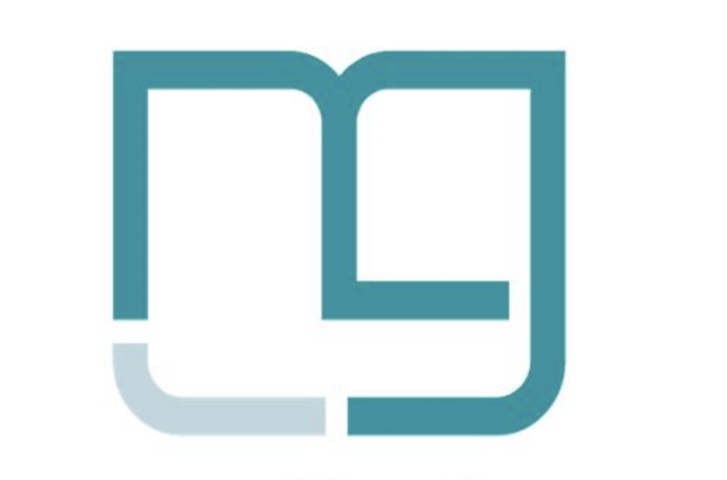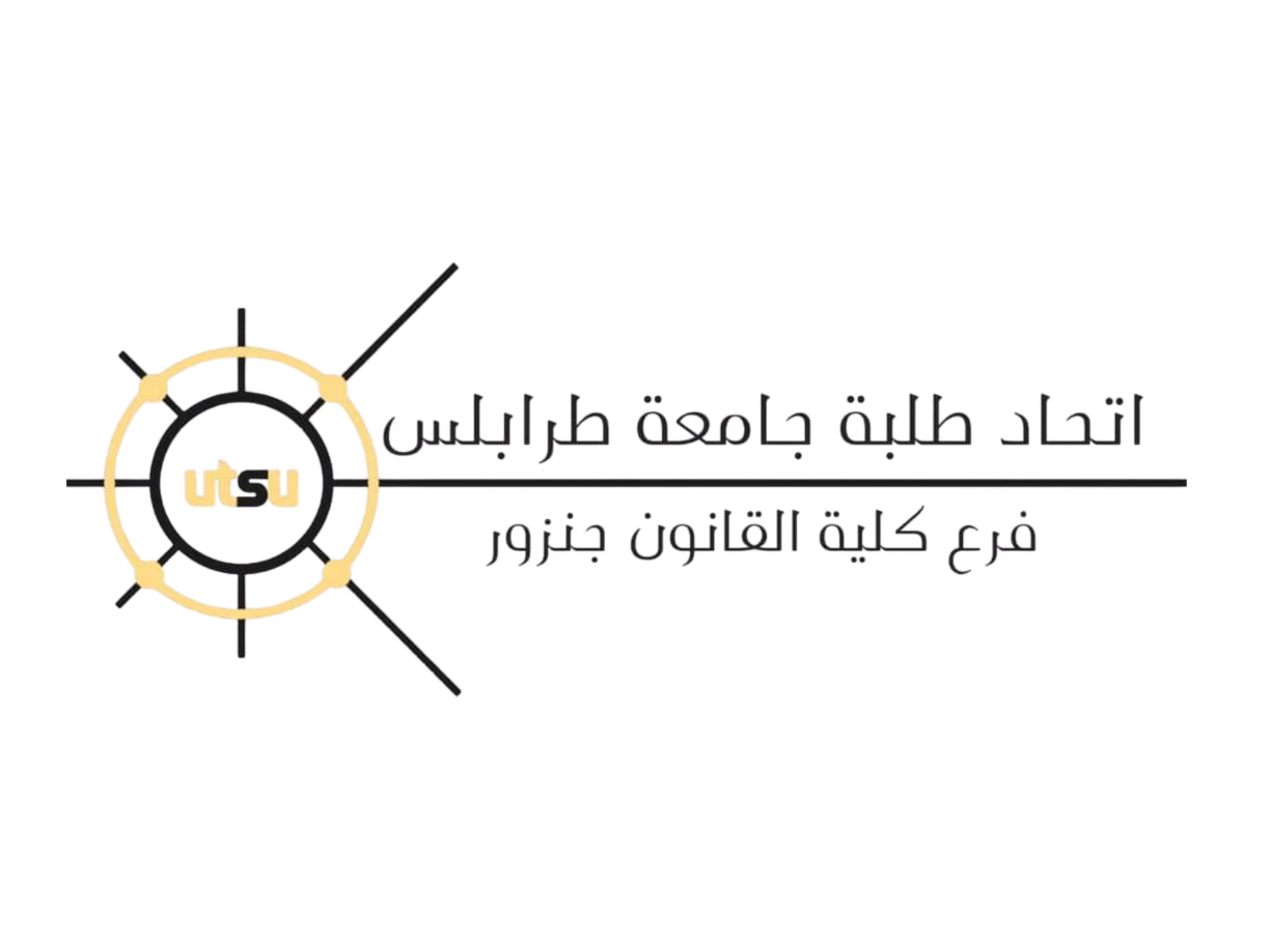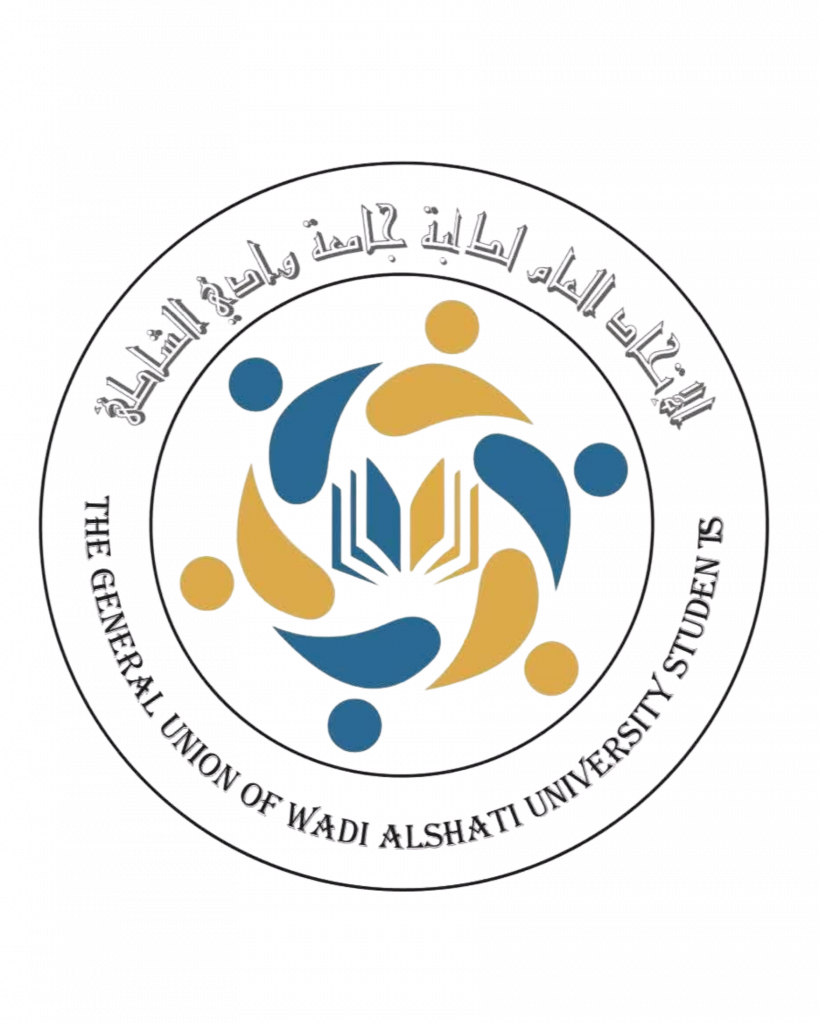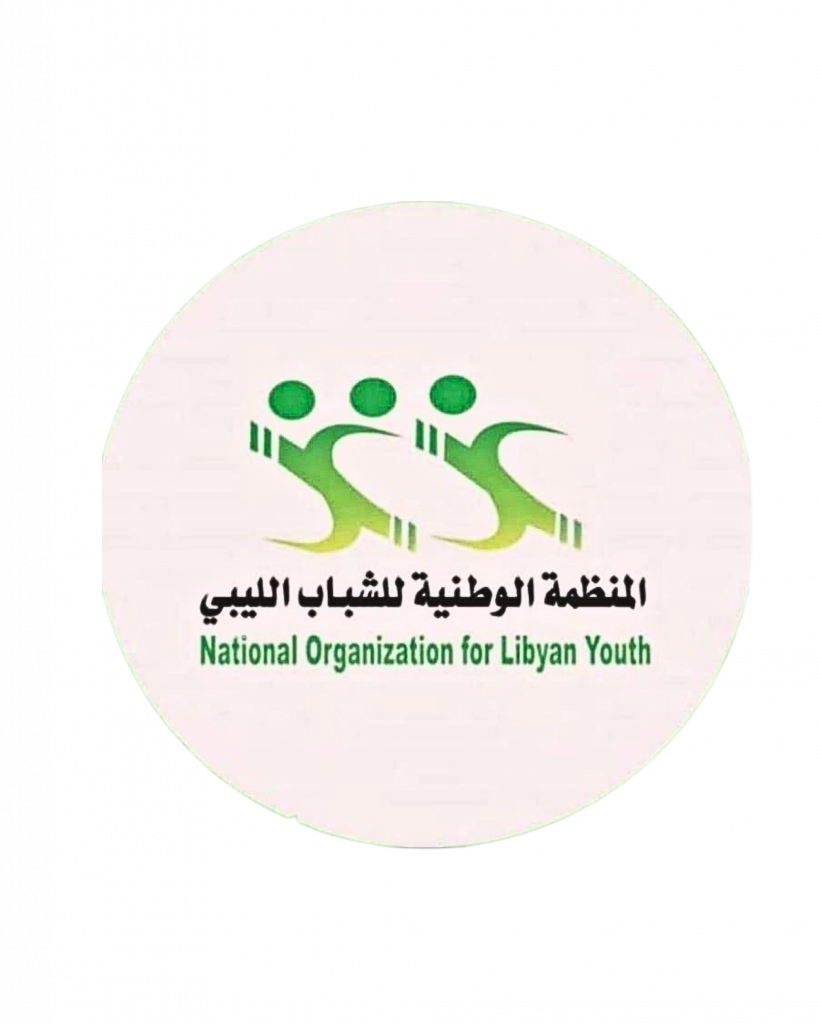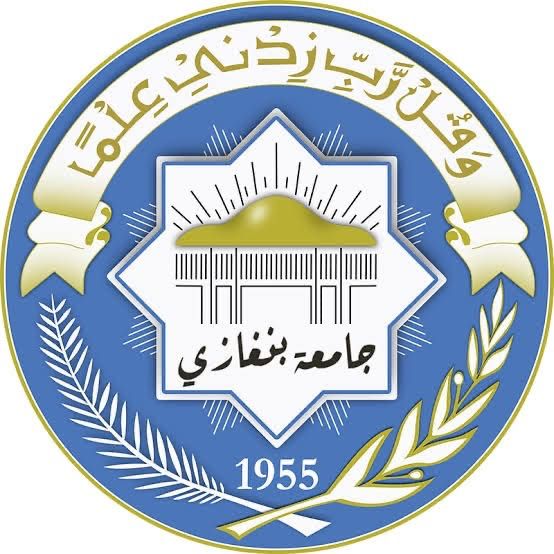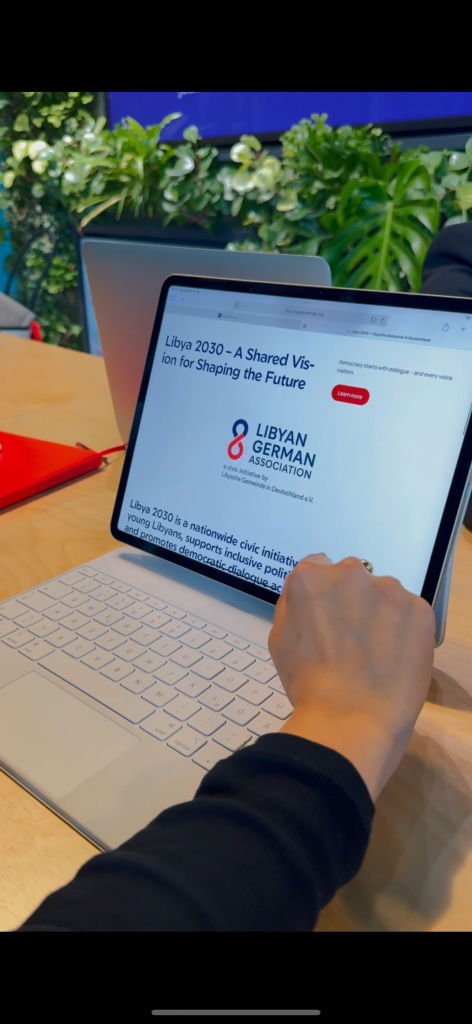
Libya 2030 Future Lab
Design Thinking Workshops
Libya 2030 is a civic initiative empowering young people to shape a peaceful, inclusive, and democratic future for Libya. Our Future Lab is a creative space where youth and civil society actors collaborate, learn Design Thinking, and build practical solutions for political participation.
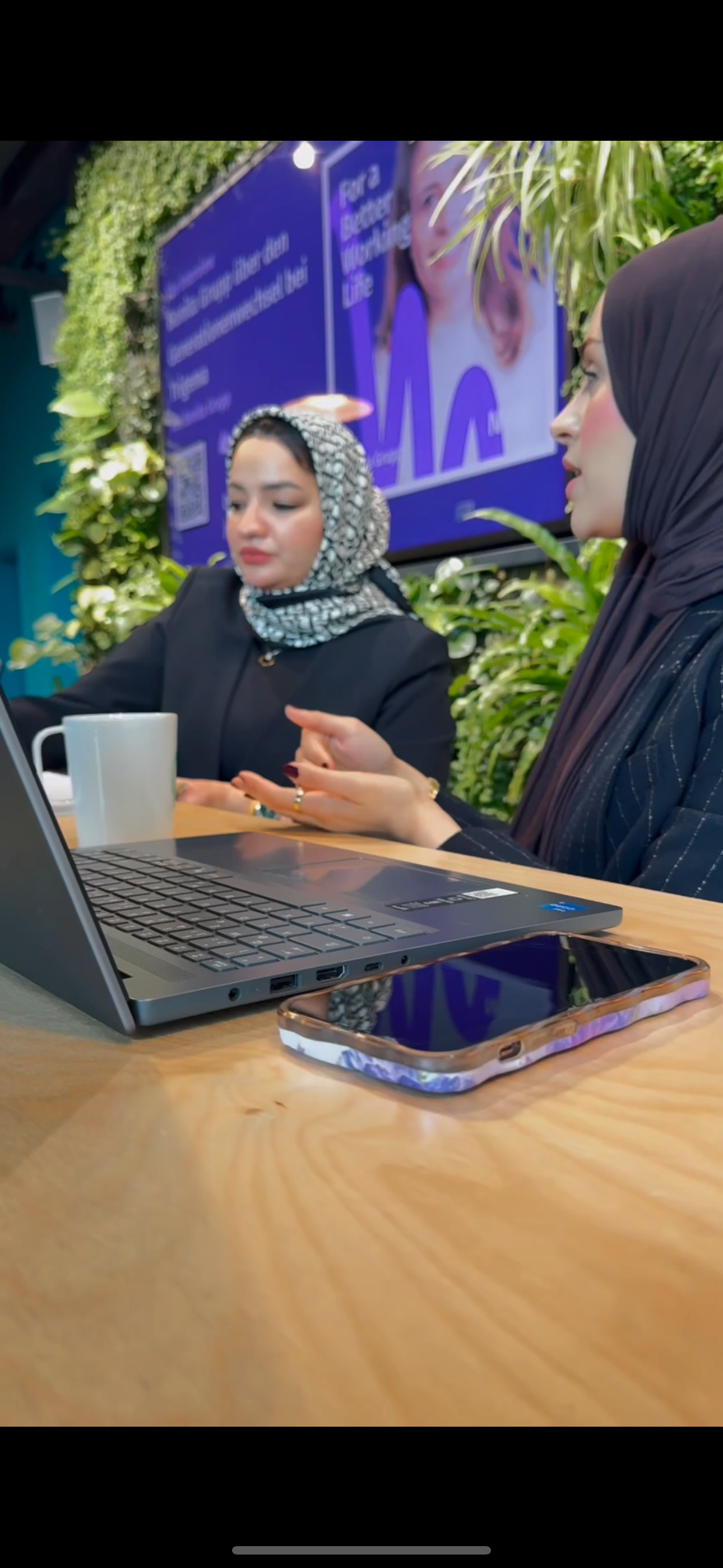
Register now until 4th of August to join one of our 3-day online workshops!
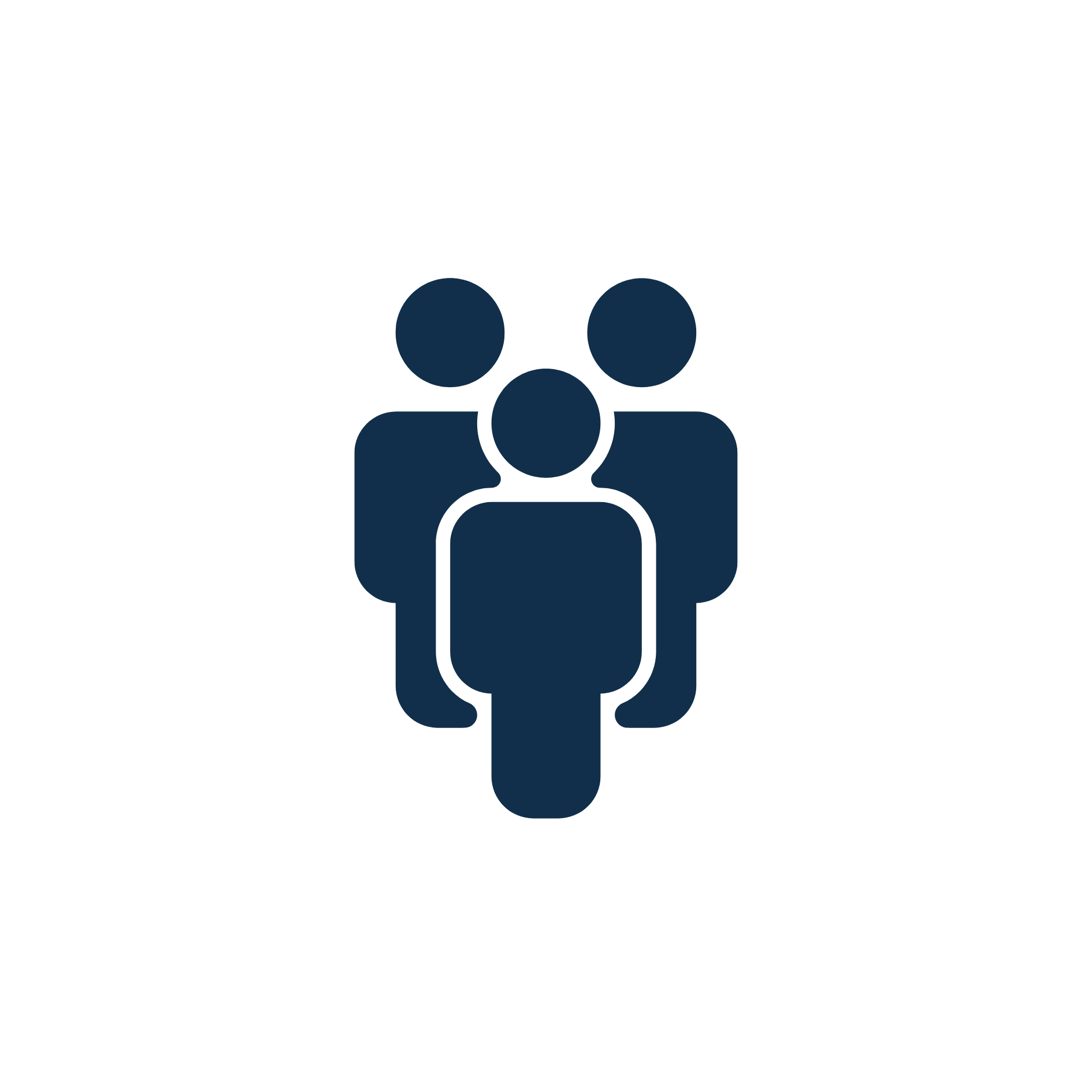
Young people
For Libyans aged 18-35 who are commited to civic change.
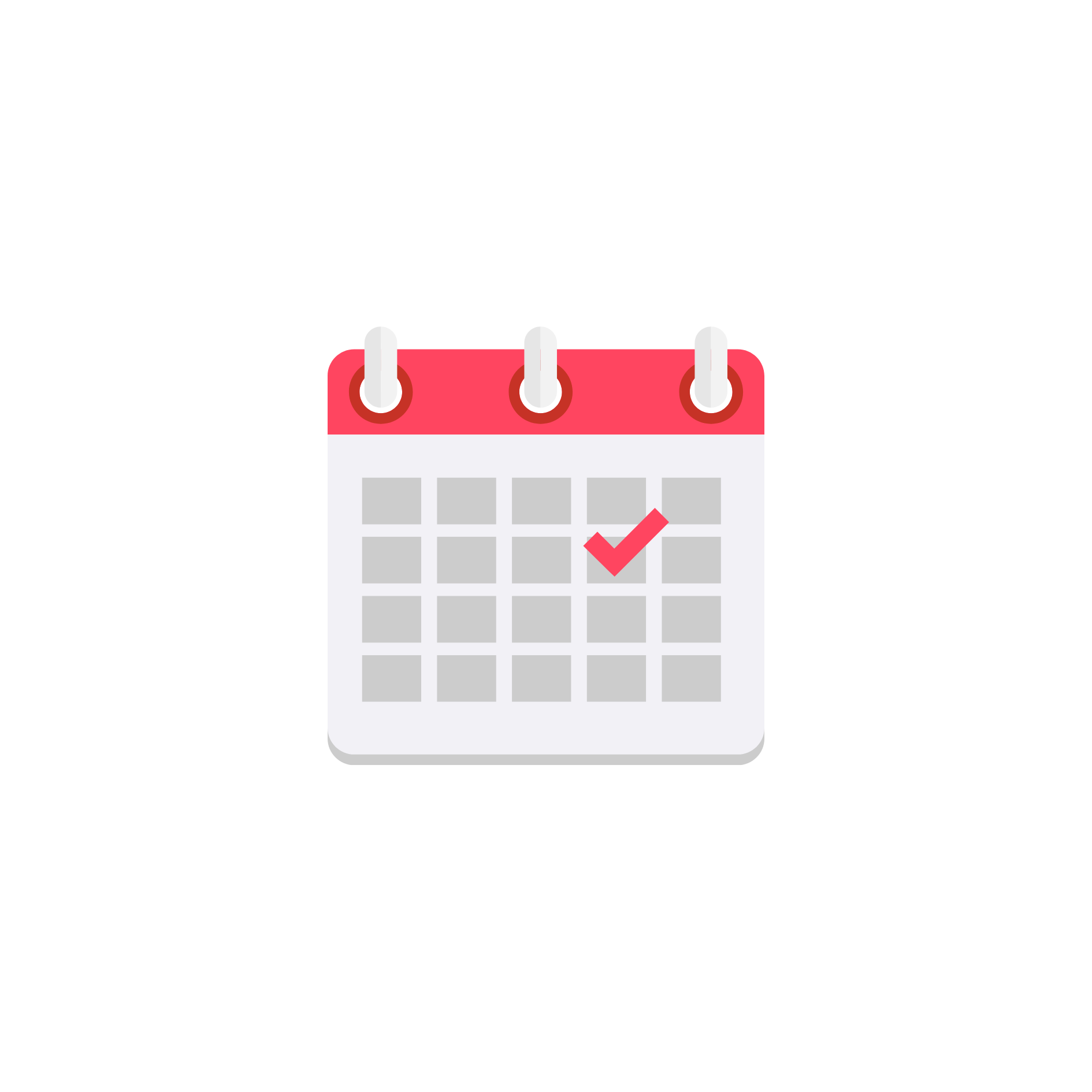
August – September 2025
3-days workshops (online) see full schedule below
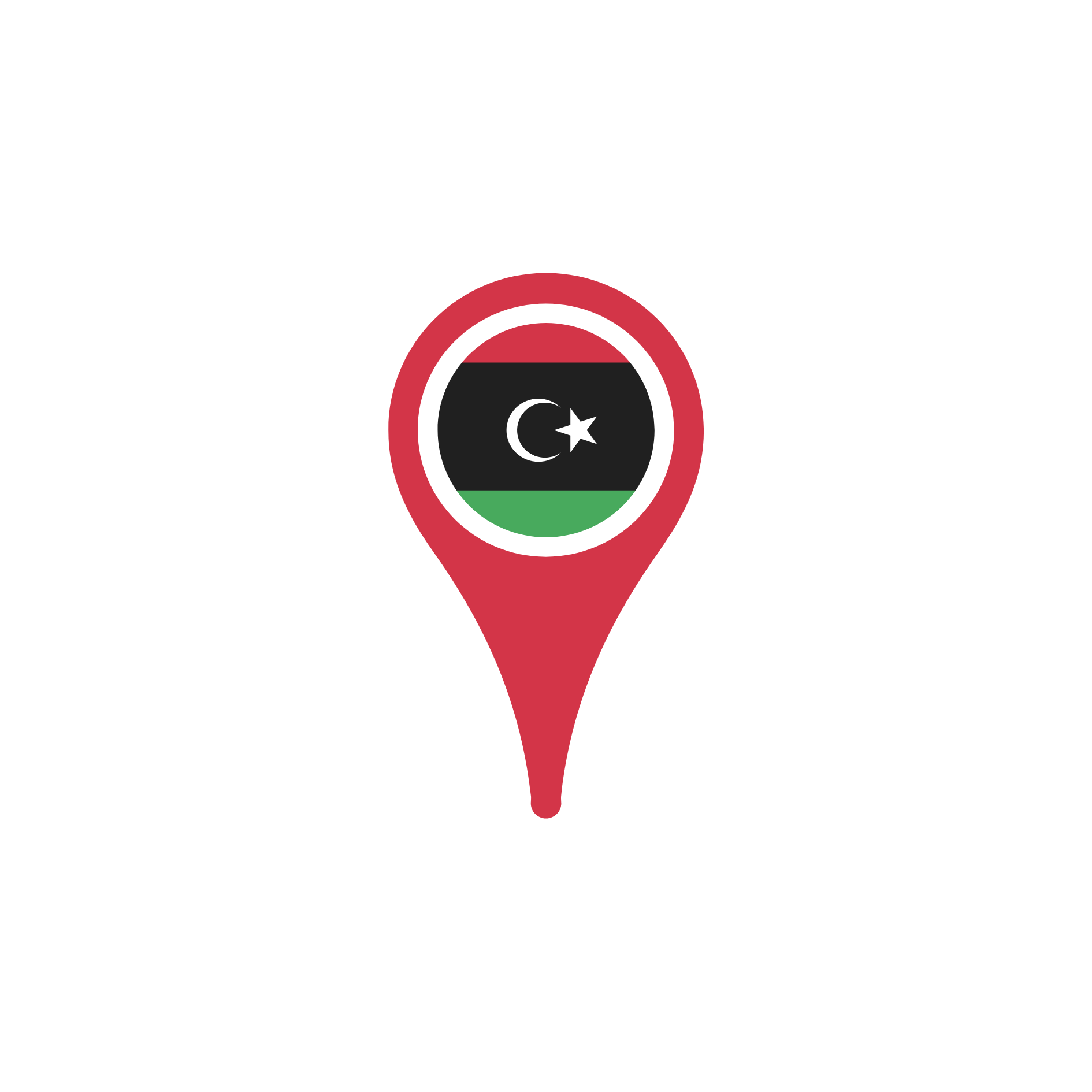
Regions: West, East and South
Open to participants from Tripoli, Bengahzi & Sebha and beyond.
What is the Libya 2030 Future Lab?
A 3-day interactive online workshop series that gives young Libyans the tools to:
Explore civic challenges
Learn Design Thinking methods
Co-create real project ideas for their communities
Contribute to building a democratic culture in Libya
Who can apply?
Age: 18–35
Based in Libya
Available for all 3 Workshop days
Interested in social change and civic engagement
Open to collaboration and learning
Why join?
Learn to turn ideas into real solutions
Work with experts and peers
Receive a certificate upon completion
Get featured in the Libya 2030 Magazine
Amplify your voice on local and national platforms
Workshop Timeline
Tripoli (West)
We welcome young changemakers from all parts of Western Libya. Workshops are held in regional groups to ensure context-specific dialogue and safe participation.
1
Monday, 11. August
Phase 1: Explore civic challenges and community problems
2
Monday, 25. August
Phase 2: Ideate and Prototype civic project ideas and solutions
3
Monday, 08. September
Phase 3: Test, present and refine your solutions
Bengahzi (East)
We welcome young changemakers from all parts of Eastern Libya. Workshops are held in regional groups to ensure context-specific dialogue and safe participation.
1
Wednesday, 13. August
Phase 1: Explore civic challenges and community problems
2
Wednesday, 27. August
Phase 2: Ideate and Prototype civic project ideas and solutions
3
Wednesday, 10. September
Phase 3: Test, present and refine your solutions
Sebha (South)
We welcome young changemakers from all parts of Southern Libya. Workshops are held in regional groups to ensure context-specific dialogue and safe participation.
1
Friday, 15. August
Phase 1: Explore civic challenges and community problems
2
Friday, 29. August
Phase 2: Ideate and Prototype civic project ideas and solutions
3
Friday, 12. September
Phase 3: Test, present and refine your solutions
Our Trainers
Meet the experts guiding the Libya 2030 Future Lab workshops.
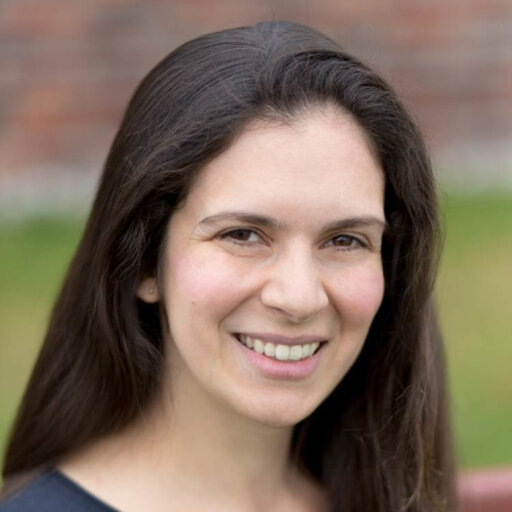
Antonieta Alcorta Rosales
Antonieta Alcorta Rosale studied International Relations at the Universidad Central de Venezuela and holds a Master’s degree in Peace and Security from the University of Hamburg. Since 2009, she has been a lecturer at Leuphana University Lüneburg, teaching courses such as Model United Nations, Transformational Sustainability Entrepreneurship, Project and Event Management, Problem Solving, and – since 2018 – Design Thinking.
She is the founder of MUIMUN (Münster University International Model United Nations) and previously served as project manager of the Social Change Hub (SChub) at Leuphana University, as well as marketing and social media coordinator at the university’s Entrepreneurship Hub.
Currently, she works as a researcher at the University of Vechta in the Department of Sustainability, Entrepreneurship, and Innovation. With over 15 years of experience, she has facilitated numerous workshops in civic engagement, innovation, and collaborative learning across diverse contexts.
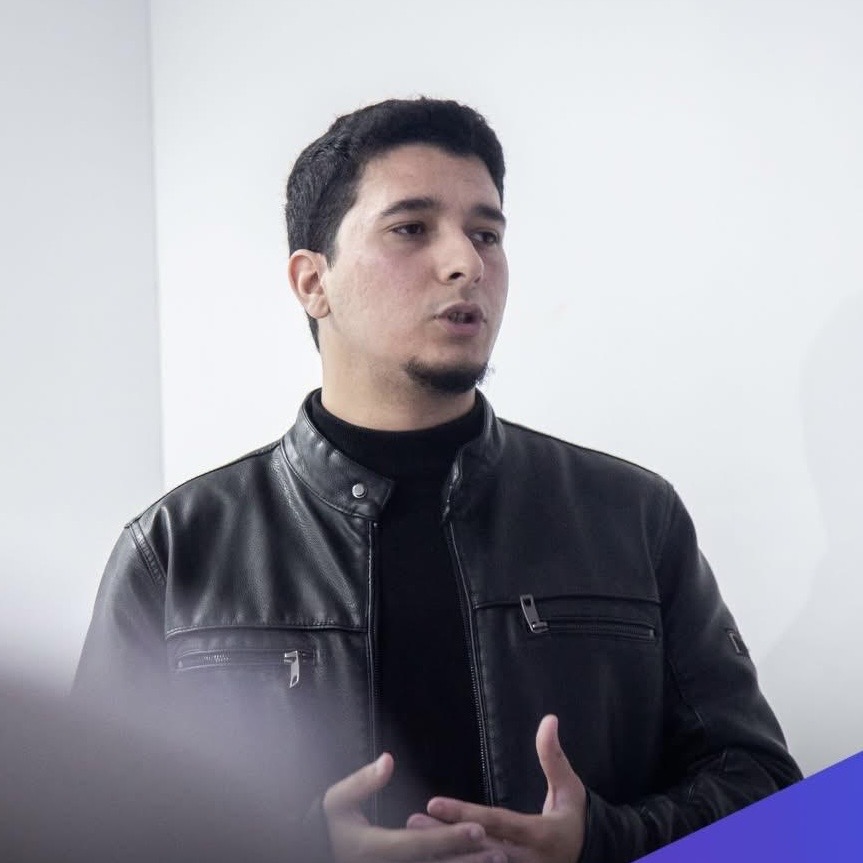
Mohamed Kndeer
Mohamed Kndeer is a facilitator, content strategist, and civic engagement expert with over seven years of experience working at the intersection of media, youth empowerment, and social innovation in Libya. He holds a degree in Information Technology (Networks) from the University of Tripoli and has collaborated with a range of national and international organizations such as the Danish Refugee Council, NDI, UNDP, and Moomken.
His work spans storytelling for humanitarian impact, strategic communication, and the design and delivery of workshops focused on critical thinking, dialogue, media literacy, and democratic participation. Mohamed has authored toolkits, led editorial teams, and developed digital content for campaigns on child protection, peacebuilding, and civic education.
As a debate champion and experienced trainer, he has represented Libya in global forums, including the World Universities Debating Championship, and provided capacity building for hundreds of youth in argumentation, dialogue, and public speaking.
His approach combines cultural relevance, participatory methods, and a deep commitment to amplifying local voices in the pursuit of inclusive, community driven change.
Libya 2030 is supported with German Federal Foreign Office’s funds by ifa (Institut für Auslandsbeziehungen) as part of the zivik Funding Programme. TrENDi (an initiative by University of Vechta) supports the project as academic and methodogical partner.

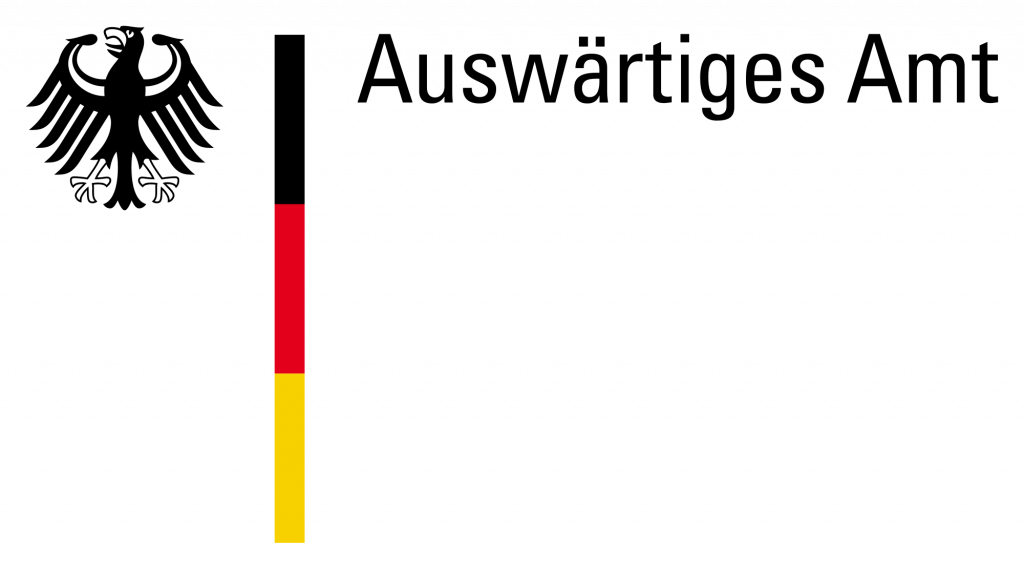
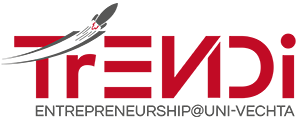
The Libya 2030 Future Lab is also cooperating with national universities and student unions from across Libya, including:
